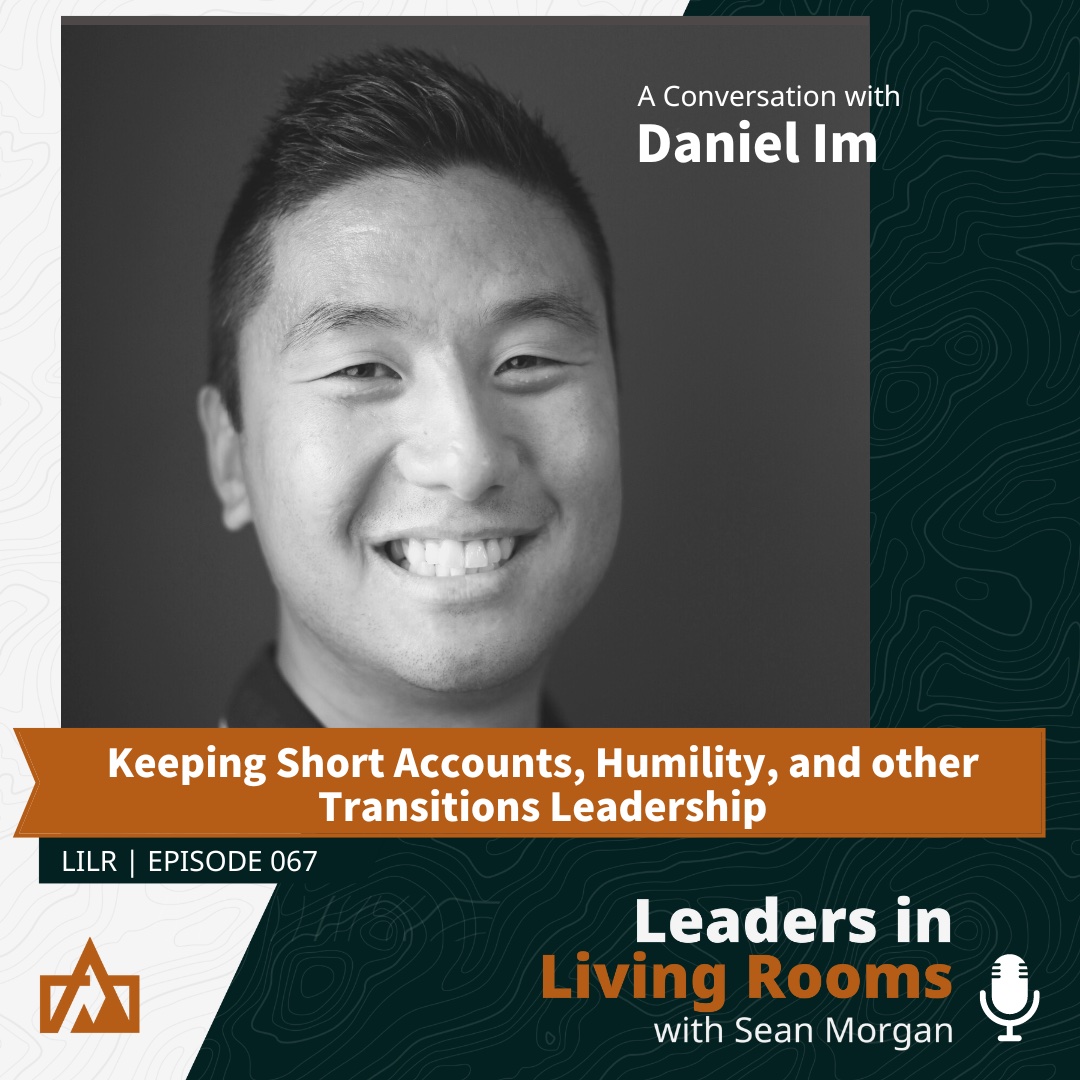
“It takes 200 sermons, before you know how to preach one.”
I’ve been wrestling with this statement, ever since I heard this from a seasoned preacher who was a couple decades older than me.
He was essentially asserting that you need to preach approximately 200 sermons…
- Before you can discover your voice
- To understand how to preach the way that God designed you to speak
- In order to know what sort of preacher (and pitcher) you are
This makes sense (more on the parallel to pitching down below). After all, sermons aren’t general evergreen content that can be re-used and re-preached exactly as-is, regardless of the context. Sermons aren’t lectures that can be honed and re-taught semester after semester either. Preaching a sermon is much more than that. Preaching is the humble act of discerning and communicating God’s timely message, to a specific people, in a particular place.
So it makes sense that you need enough reps—approximately 200—to truly understand how to prepare and preach God’s word to God’s people in a way that is true to you.
I’ve found this to be true
In my first four years of pastoral ministry, I preached approximately 48 times a year. This was way too many reps, and I got burned out.
So for the next five years, I went down to approximately 4-8 times a year. While this was nice for the first year or two, I eventually realized that this was too infrequent for me.
For the next four years after that, I preached approximately 20-26 times a year. This was the best rhythm by far, and essentially prepared me for my current role and load at 32-35 times a year.
While I’m still honing my voice and growing as a preacher (I never want to stop developing), I’ve noticed that after 200 sermons, I’ve finally learnt how to preach one. Steve Carter, my preaching coach, has helped me uncover my voice, my sound, and my style.
So, what does preaching have to do with pitching?
As I was wrestling with my voice/sound/style, I realized that there were a ton of parallels between preaching and pitching.
Just like pitchers have different types of pitches in baseball, like the fastball, curveball, slider, changeup, splitter, knuckleball, sinker, and cutter, so do preachers! An expository sermon is a type of pitch, as is a topical sermon, or a narrative one. Some preachers have more of a teaching style, others are more inspirational, and some are very extemporaneous and exuberant—all of these are like different types of pitches in baseball.
Not only are there different types of pitches in baseball (and styles of sermons for preachers), but there are also different types of pitchers (and preachers). Starters start the game, set the tone, and will play a few to several innings. Relievers specialize in short bursts of pitching, usually only facing a few batters or pitching for an inning or two. Closers are a type of Reliever that only appears in the final inning(s) to save the game. And then there are the Specialists: Long Relievers, Setup Man, Left-Handed Specialist, Knuckleball Pitcher, Spot Starter.
In addition to all of this fun baseball trivia, do you see the parallels between the different types of pitchers and preachers? Lead Pastors and Teaching Pastors are like the Starters. Youth Pastors, Associate Pastors, and Guest Preachers are like the Relievers, Closers, or Specialists.
What’s the point?
The point of this article is to point out the fact that just like there’s not one type of ideal sermon (or pitch), there’s not one type of ideal preacher (or pitcher) either! So instead of comparing yourself with your role-models—or trying to imitate them—focus on getting your reps in. As you preach more sermons, you’ll discover what sort of pitches get you strikes, and what sort of pitcher God’s created you to be.
It’s like that how that old Hebraic tale goes, “Before his death, Rabbi Zusya said “In the coming world, they will not ask me: ‘Why were you not Moses?’ They will ask me: ‘Why were you not Zusya?”



